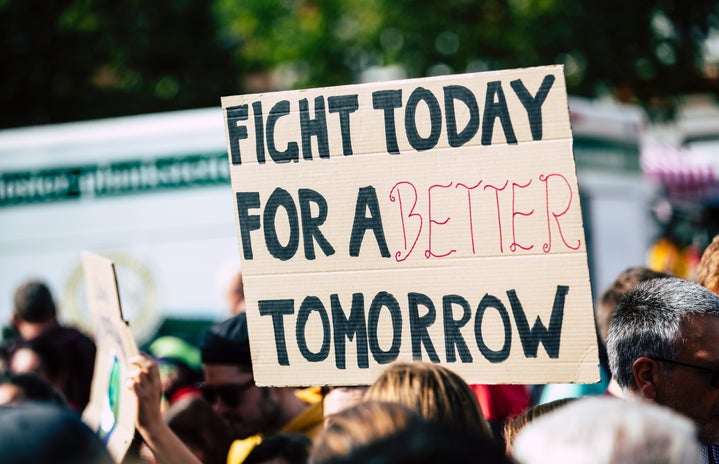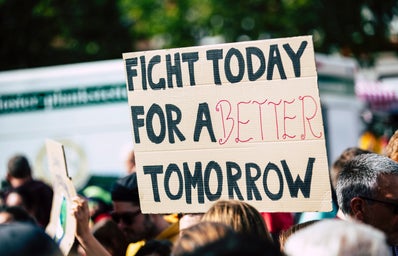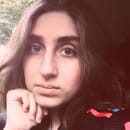Warning: Sensitive and triggering topics discussed.
Although Women’s History Month is over, celebrating women and their accomplishments must happen every day. With this, I’ve interviewed Miriam Yoo (a.k.a. Staryoo), a Korean-American animator, writer, retailer and content creator. On Miriam’s Instagram, @Staryoo.art you can find sketches of adorable anime characters and content advocating for social change. Miriam’s portfolio features several videos and illustrations that discuss sensitive topics such as sexual assault, genocide, racism, colorism and femicide. Miriam is changing how others perceive out-spoken Asian women, and she will use her voice for those who have been forcibly silenced.
J: What is the biggest takeaway from your journey as a content creator and animator? What has been the most rewarding moment for you, as well as the not-so-rewarding ones?
M: My biggest takeaway is seeing all the feedback saying how my stories resonate with people. I’m surprised how my projects reach out to different countries, someone from Germany even made a German voiceover for two of my animations! The downside to all of this is receiving hate when people don’t agree with my content’s values, messages and morals.
J: You regularly promote change for oppressed individuals with campaigns like Black Lives Matter and Free Palestine through your content. How do you continue your activism outside of illustration?
M: My advocacy is subtle and mimics my way of living. I don’t label it as “activism” that much because I think social justice advocacy should be normalized. Due to what is happening in Palestine, I’ve attended several street protests, marches and rallies. A lot of protests disrupt public areas to draw more attention to the emergency and crisis in Gaza. I try my best to bring awareness to convention spaces by cosplaying with protest signs or distributing free stickers. I find it interesting how many anime stories are political, yet I rarely see fans discussing these real-life topics. The heart behind activism is seeing everyone equally with dignity and respect, especially for marginalized communities.
J: Generational and cultural trauma can cause an assortment of issues, especially when setting boundaries and prioritizing our feelings. How do you feel about being an outspoken Korean-American woman who is determined to dismantle racial stereotypes?
M: As an outspoken Korean-American woman, I often receive comments saying I’m too rude or weird. I grew up in Staten Island for most of my childhood, and the majority of my experiences with other Korean kids were only in Saturday Korean schools or churches. I didn’t fit into the Asian “model minority” trope where I attended specialized high schools, received all A’s, wore proper outfits and spoke properly. I was a closeted queer kid with undiagnosed ADHD, who was into emo/alternative fashion and wasn’t shy about liking anime. I also didn’t grow up in a middle-class family like other the Korean kids I grew up with. I grew up in a divorced household with a single mom who worked at a nail salon. With my dysfunctional lifestyle, I was bullied, got into trouble and was ostracized by my Korean and Asian community. It took me a long time to understand and become comfortable with myself. It felt lonely because no one fully understood me. But I’m grateful for all the genuine friendships that withstood it all. I’ve learned to stick closely to the friendships that accept me in my whole being, and I hope to do the same for them. These experiences helped me to empathize with others better.
J: What are your plans for the future?
M: Right now, I am taking a break from the Artist Alley conventions. I have a lot of debt to pay off! Haha! I’m trying to focus on getting my financial situation fixed. So I’m just living and just trying to take it easy. I just hope to be more confident in myself and be more unapologetic. I’m hoping to move out and to later work on my original comic series, “Misfit Hero.”


